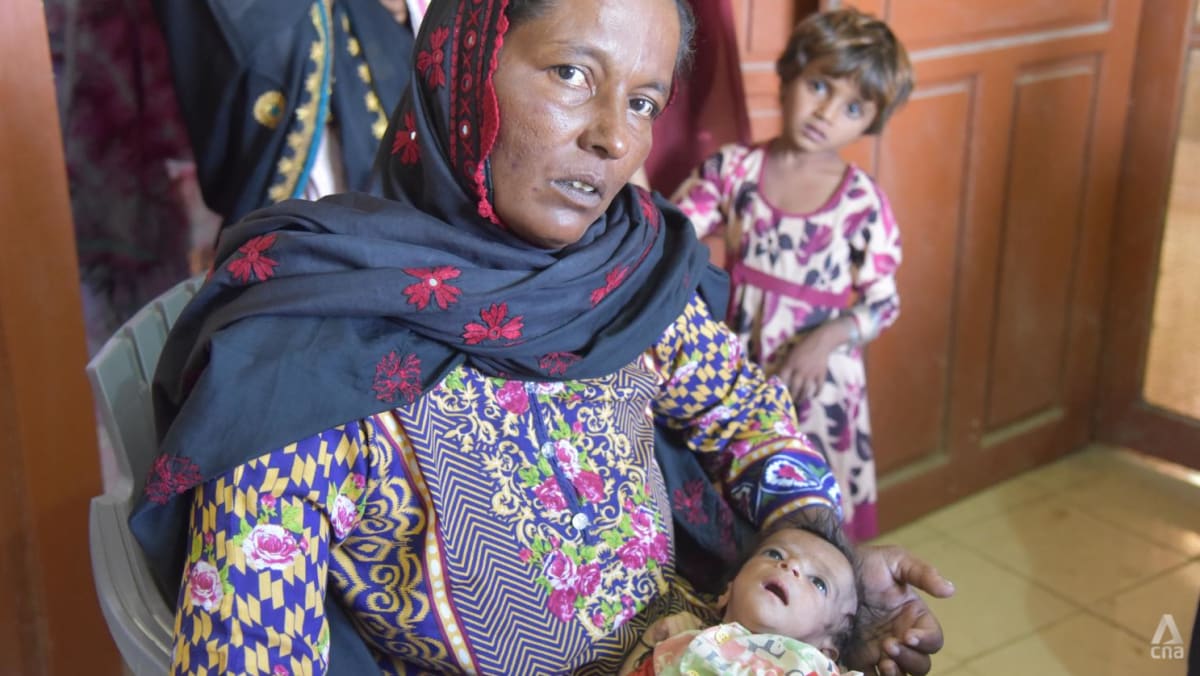
“I think Singapore is too well-adapted to the impacts of climate change,” said Ho Xiang Tian, founder of environmental group LepakInSG. “People can still hide in air-conditioned areas if it’s too hot, and NEWater and desalination means we can tide over dry spells without having to resort to water rationing.”
“This might lead to people feeling like there’s no urgency in pushing for climate action,” he added.
“Who remembers which year PSI levels hit 401 in Singapore? Most severe drought in Singapore? Longest coral bleaching event in Singapore?”
Citing the years of each event in turn – 2013, 2014 and 2016 – Mr Ho then wondered, wryly, if people were even aware that corals existed in Singapore’s waters.
When faced with news about climate disasters in other countries, there is also “a sense that it won’t happen to us” in Singapore, he said.
Mr Ho suggested water rationing exercises or augmented and virtual reality technologies as ways for people in Singapore to experience the harsher effects of climate change.
But for victims of climate disasters, the ongoing emergency is no simulation.
Unprecedented climate events are on the rise, and will continue to force entire communities – mostly in developing countries – to leave behind places and ways of life that have served them for generations.
For Pakistan’s Ms Rehman, it is clear that the time has come for developed countries to act.
“The bargain between the Global North and the South is not working and it needs to be fixed in order for the Global South to actually survive the oncoming train of climate change,” she said.
“It’s not going to differentiate between borders, it’s not going to know the colour of skin. And words will not be enough.”
